What Trump’s Return Could Mean for Creatives and the Art Industry
Trump’s return brings potential funding cuts and policy changes that could reshape the landscape for artists, especially Black creatives.
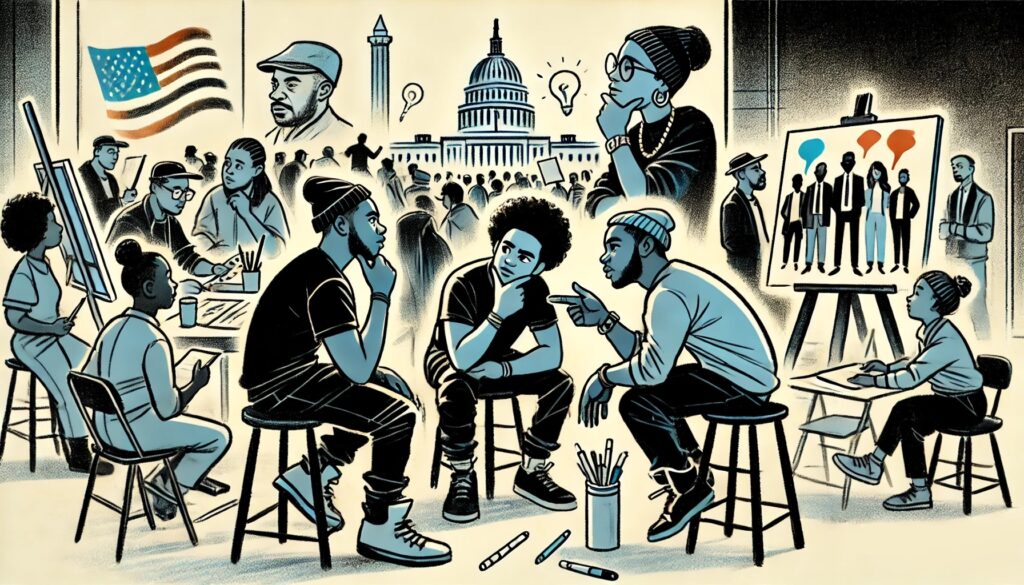
After a turbulent election season, the United States sees the return of Donald Trump to the presidency. His policies could have immediate effects on the creative community, particularly in areas like arts funding, freedom of expression, and industry support. This article breaks down what his policies could mean for the creative industries and Black artists in particular.
Cuts to Arts Funding and Public Programs
During Trump’s previous term, his administration proposed cutting funding to major cultural institutions multiple times. Although Congress prevented these cuts, the risk of renewed budget reductions under Trump remains high.
NEA Impact: In 2022, NEA announced over $33 million in projects funding to arts organization and reached communities in every U.S. state. Any cutbacks would mean fewer grants for independent artists and nonprofits.
NEH Funding: Similar to the NEA, the National Endowment for the Humanities provides critical support for cultural programs, especially in under-resourced communities. Losing this funding could affect diverse, community-based arts projects.
For smaller organizations and freelance artists who rely on these resources, potential cuts are worrying. Black artists, who have traditionally faced limited access to arts funding, could be especially impacted if NEA and NEH funding is deprioritized.
Impact on Freedom of Expression
Trump has a history of controversial positions on freedom of speech and artistic expression, often denouncing media and art that criticize him or U.S. policies. During his previous term, Trump openly criticized various forms of protest and expressions he saw as unpatriotic. The Black Lives Matter mural outside Trump Tower faced indirect backlash during his previous term.
For Black artists, this return to a climate of criticism toward politically charged art could lead to increased pressure to self-censor. However, artists often respond to these environments with greater resilience and creativity, as seen in the 1960s civil rights movement and other key political moments.
Potential Shifts in Economic Policies for Creative Businesses
Trump’s economic policies have historically been pro-business and pro-growth, with a focus on tax cuts and deregulation. This could be a double-edged sword for freelance artists and creative entrepreneurs.
Possible Benefits for Creatives:
Lower Taxes: Trump’s proposed tax policies favor small businesses, potentially lowering tax burdens on creatives.
Reduced Regulations: Less bureaucratic red tape could make it easier for artists to launch businesses or sell their work independently.
However, Trump’s emphasis on “traditional” American values might deprioritize diversity programs that support underrepresented voices, including Black creatives. This could affect corporate diversity and inclusion initiatives that help fund projects focused on racial and cultural storytelling.
Effects of Immigration Policy on the Arts
The Trump administration has previously advocated for stricter immigration policies which would lead to increased barriers to entry for international artists. This could impact the collaborative nature of the art world in the following ways:
International Influence: Fewer visas for foreign artists and scholars may reduce the cultural diversity within the U.S. arts scene. Major art exhibitions, such as Art Basel and Frieze Art Fair, involve international artists whose contributions often enrich American culture.
Cultural Programs and Exchanges: Limited funding for global cultural exchanges could hinder dialogue and opportunities between American artists and international communities.
For Black creatives, who often incorporate themes from the broader African diaspora, these restrictions might narrow the pool of available inspirations and partnerships, limiting their ability to connect with international Black artistic communities.
What’s Next for Black Artists?
Black creatives have consistently used their work to respond to political climates and directly engage with social issues. Trump’s term might both challenge and inspire a new wave of social and political art, depending on how public support develops.
Challenges:
Decreased Funding: Potential NEA cuts could mean fewer public art projects dedicated to Black culture.
Corporate Dependency: With less federal funding, some Black artists may look toward corporate sponsorships—relationships that sometimes require compromises in artistic integrity.
Opportunities:
Digital Advocacy: Black artists might turn to digital platforms to circumvent institutional limitations.
Grassroots Support: Community-based organizations may play a critical role, as seen in the past decade’s resurgence of Black-owned art galleries.
Renaissance or Recession for American Art?
Periods of political tension often bring about major changes in the art world, and Trump’s presidency might be no exception. While federal support may decline, artists could respond with heightened creativity and resistance. Many in the arts are preparing for what could be a mix of uncertainty and persistence.
Key Takeaways:
Funding Concerns: NEA and NEH cuts could impact public and community arts.
Freedom of Expression: Political art might face more scrutiny, especially on social justice topics.
Economic Shifts: Lower taxes could benefit small businesses, but at the cost of diversity initiatives.
Black Artists’ Role: A potential renaissance could emerge as artists confront social issues directly tied to the political climate.
Final Thoughts
How will Trump’s return affect American art? Will it inspire an artistic renaissance, or will political pressures stifle creative voices?
Share your thoughts with us on how the this might reshape Black creativity and cultural representation.
Sources: National Endowment for the Arts, Americans for the Arts, Arts & Economic Prosperity Report
Disclaimer: The content is intended to provide general information about the potential legislation that may be implemented by the future government. The information provided in this content piece is not intended to serve as legal or tax advice and should not be relied upon as such. The prospective potential legislation mentioned in this content piece is subject to change, and there is no guarantee that any proposed legislation will be enacted into law. Any action taken based on the information provided in this content piece is at their own risk, and Black Art Magazine shall not be held liable for any such action taken.
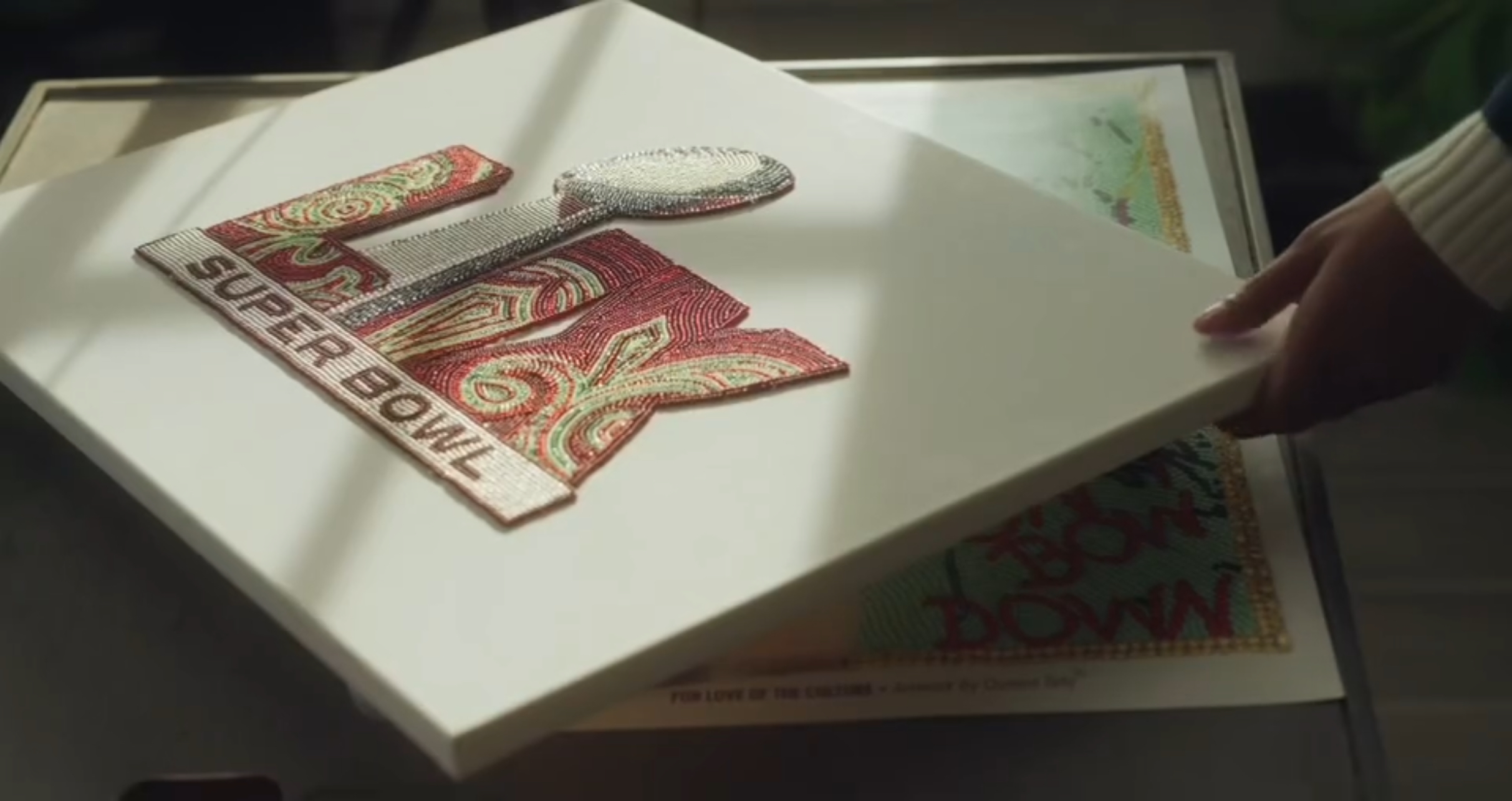 “Queen Tahj” Williams: The First Black Woman to Design the Official Super Bowl Logo
“Queen Tahj” Williams: The First Black Woman to Design the Official Super Bowl Logo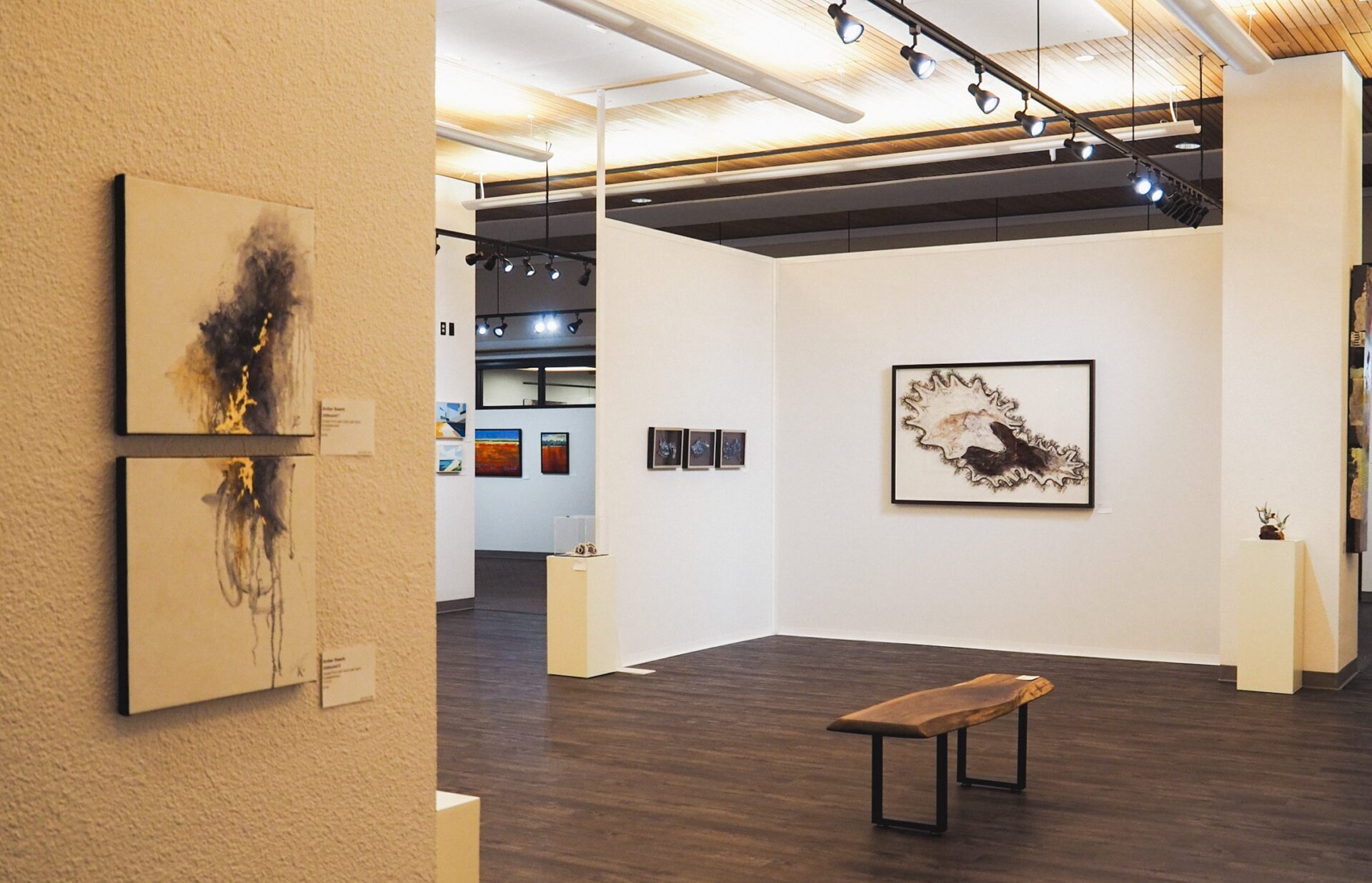 Lancaster Art Vault Exhibits Black Art with ‘Expressions of Strength’
Lancaster Art Vault Exhibits Black Art with ‘Expressions of Strength’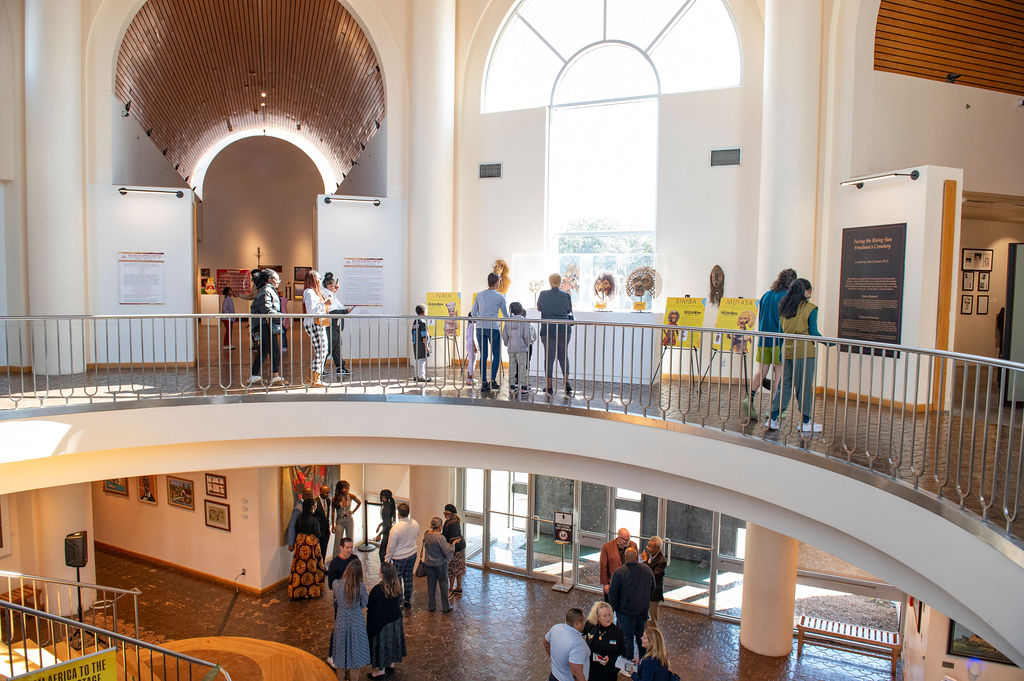 Dallas’ African American Museum Kicks Off Black History Month
Dallas’ African American Museum Kicks Off Black History Month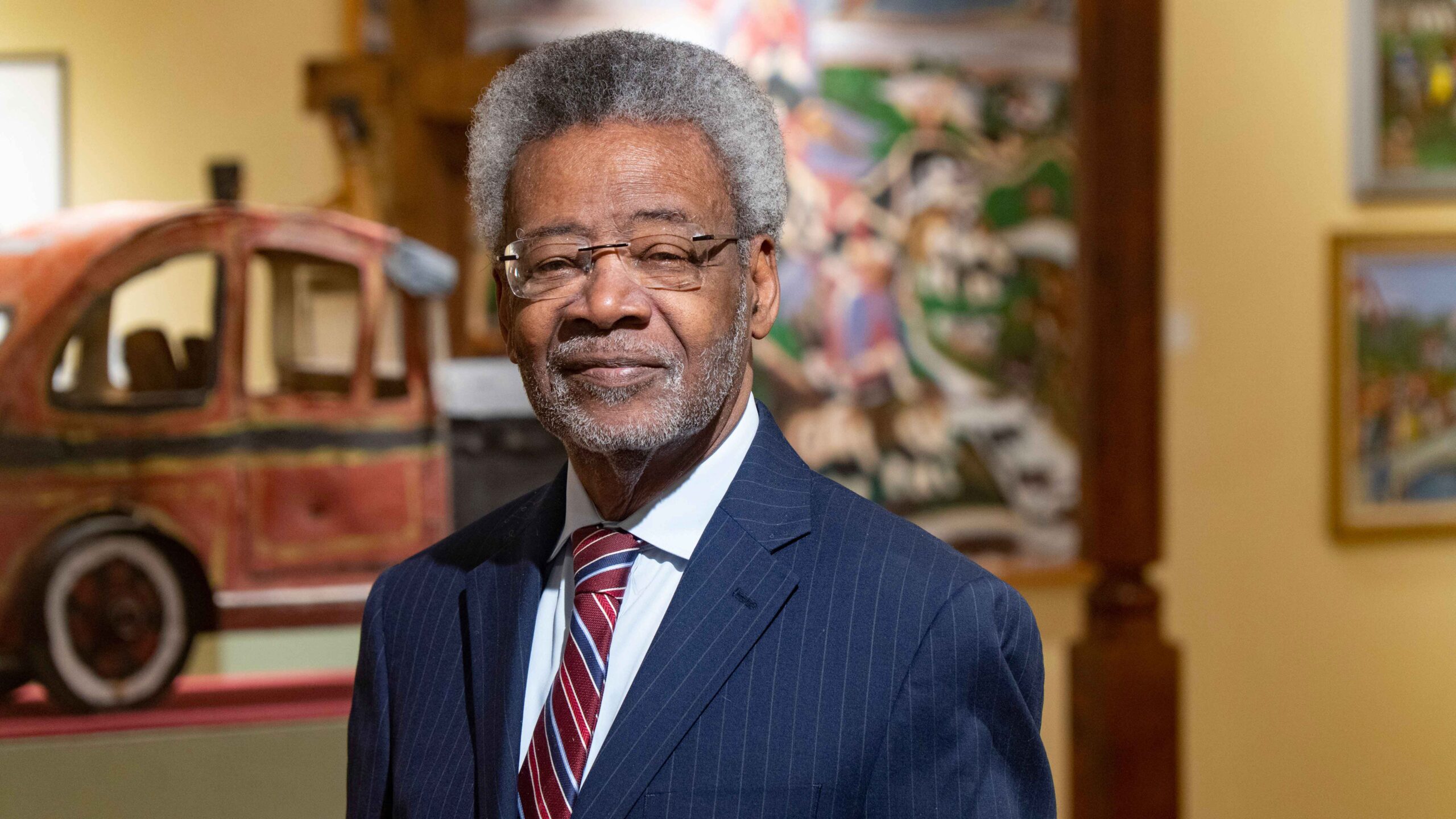 The African American Museum in Dallas Marks 50 Years with Founders Ball
The African American Museum in Dallas Marks 50 Years with Founders Ball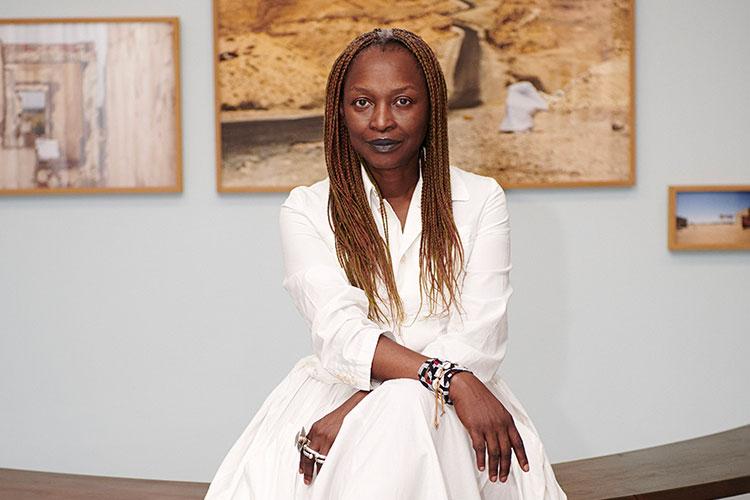 Koyo Kouoh’s Appointment as 2026 Venice Biennale Curator
Koyo Kouoh’s Appointment as 2026 Venice Biennale Curator

